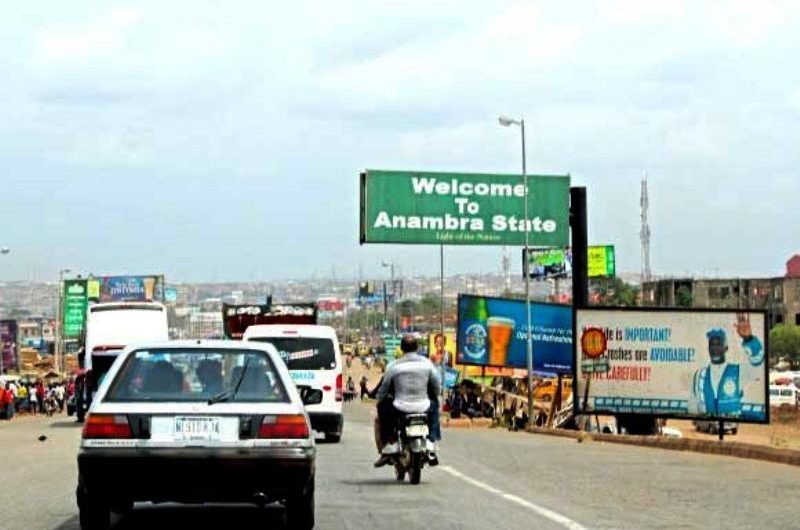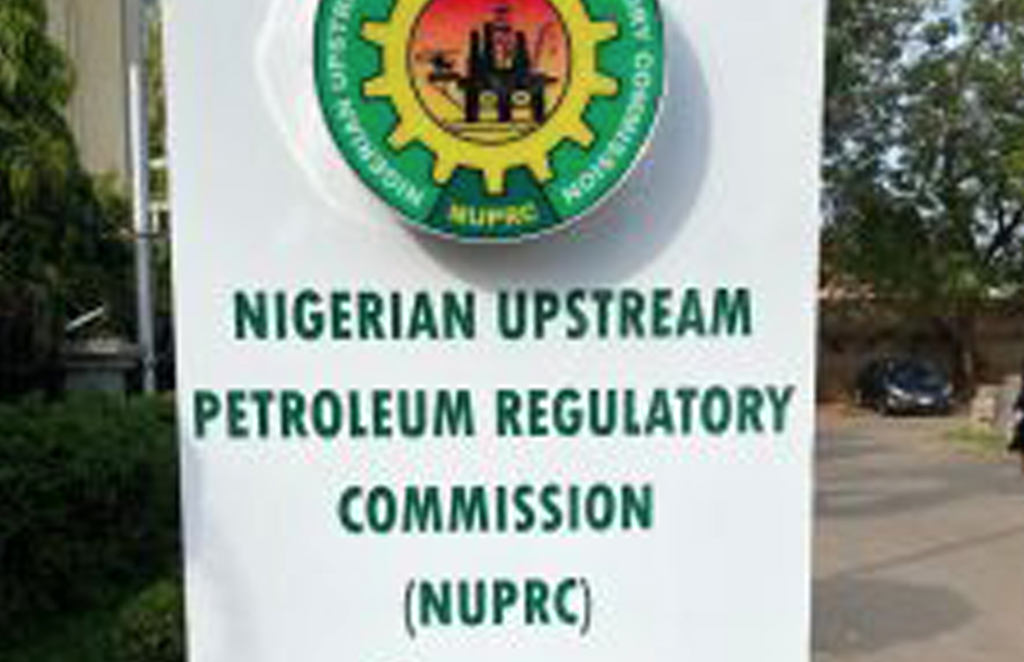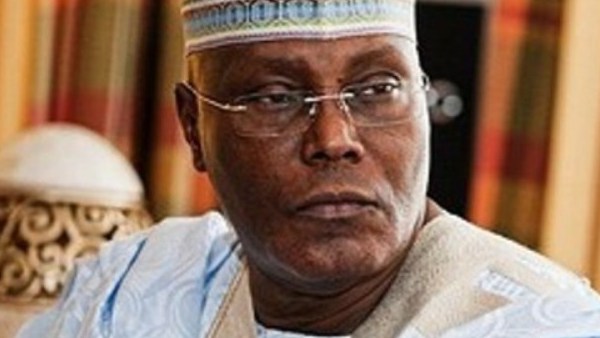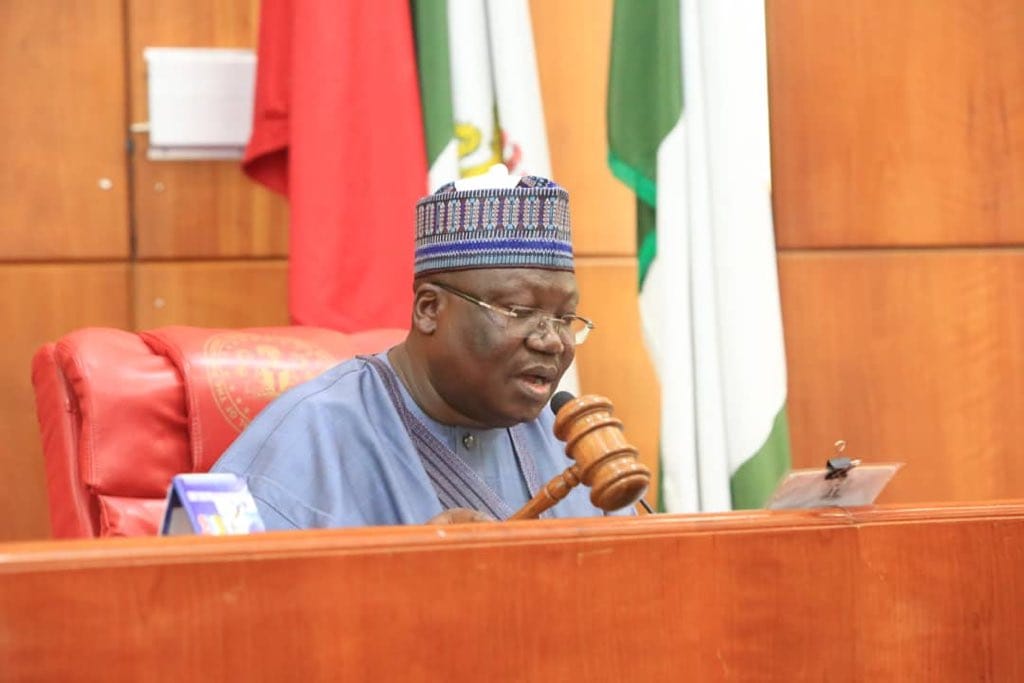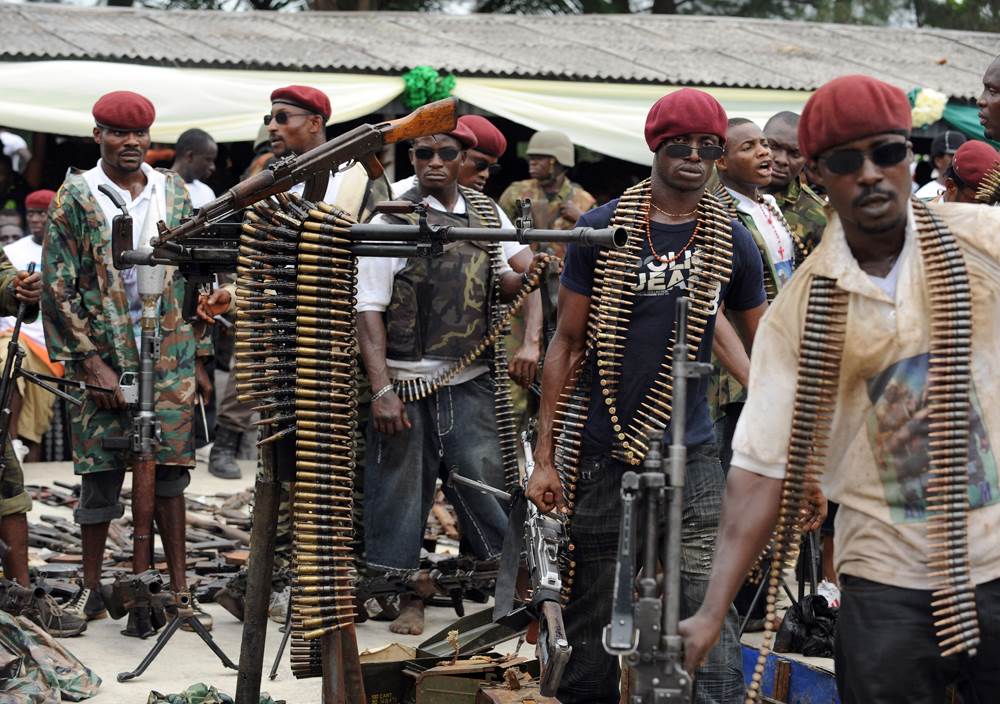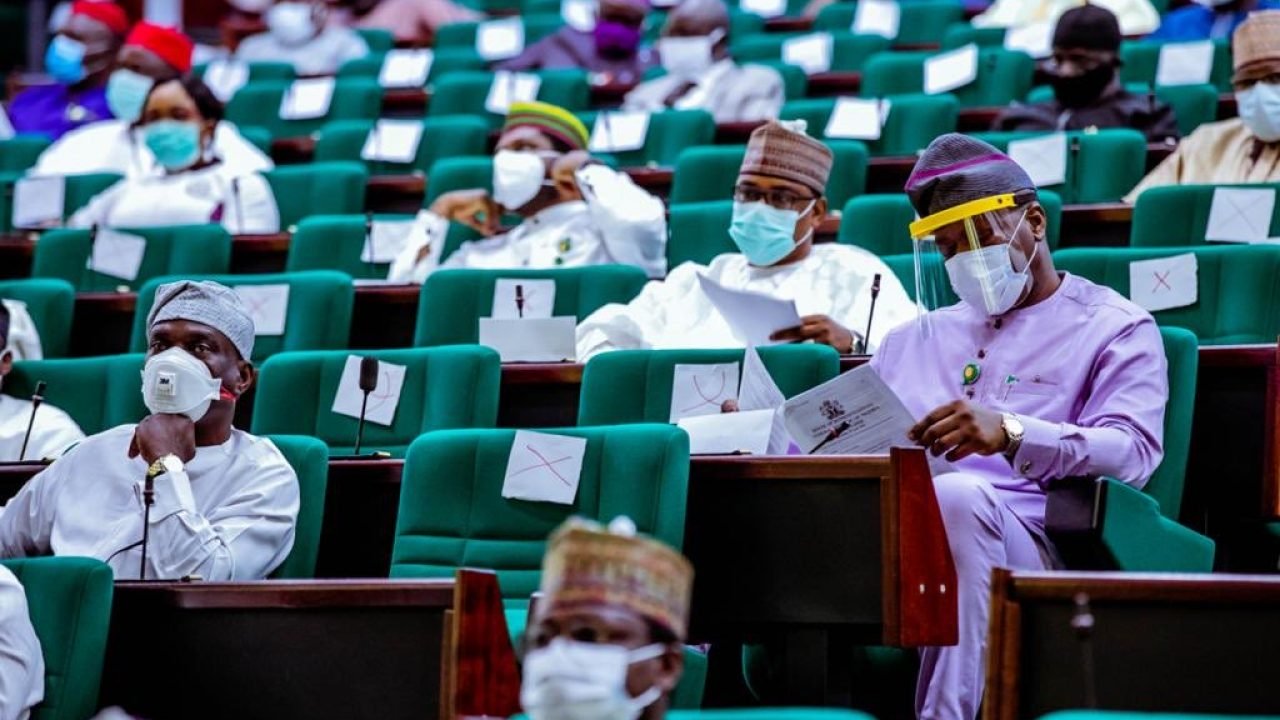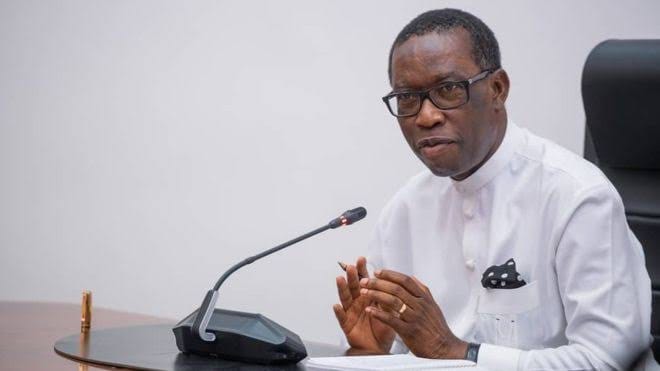The Anambra State Government on Thursday cautioned against acts capable of instigating crisis in the oil host communities in the State.
Mr Anthony Ifeanya, the state’s Commissioner for Petroleum and Mineral Resources, gave the warning in Awka during a town hall meeting with stakeholders.
The meeting, organised by the African Centre for Leadership, Strategy and Development (LSD) and International Peace and Civic Responsibility Centre (IPCRC), centered on the implementation of host communities’ provisions in the Petroleum Industry Act (PIA) in the state.
Ifeanya emphasised that peace between oil companies and host communities was crucial in ensuring the actualisation of benefits from natural resources.
“It is only in an atmosphere of peace that progress can be made,” he said.
The commissioner added that the meeting aimed to enlighten both parties on their rights, duties, and liabilities under the PIA, ensuring peaceful coexistence.
He appreciated the centre for educating the people, saying that such intervention would go a long way in preventing the repeat of ugly experiences recorded in the Niger Delta.
Also speaking, Mr Monday Osasah, the Executive Director, Centre LSD, described the meeting as a significant step towards ensuring that petroleum resources were beneficial to the host communities.
“Petroleum should be a blessing to us, not a curse,” he added.
In his presentation, Dr Orji Orji, the Executive Secretary, Nigeria Extractive Industries Transparency Initiative (NEITI), said the agency promoted transparency and accountability in Nigeria’s extractive industries.
Orji, represented by the Director, Policy Planning and Strategy NEITI, Dr Dieter Bassi, said the agency was committed to ensure that revenues were properly accounted for and utilised.
Earlier, Mr Chris Azor, the President, IPCRC, said the meeting was targeted at discussing the effective implementation of Host Communities’ provisions in the PIA to ensure peace, security, and sustainable development.
Azor said there was a need for improved understanding of PIA, enhanced stakeholders’ engagement, identification of priority areas, clarifications, and action plans for effective implementation.
The programme is themed, “Host Communities and Roles of Nigerian Upstream Petroleum Regulatory Commission (NUPRC) in PIA”.
